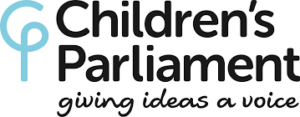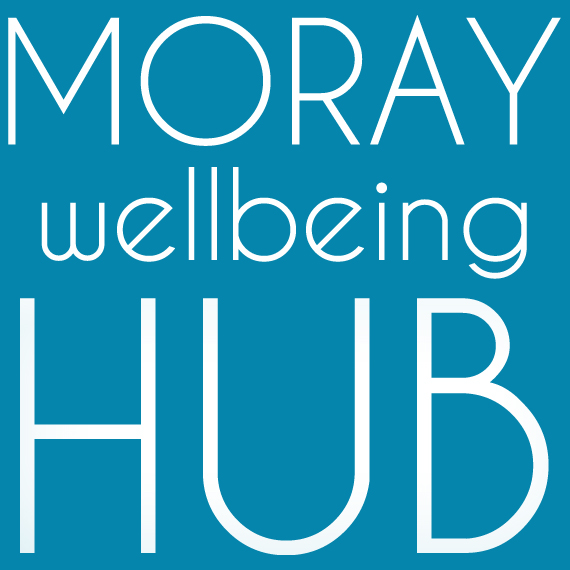
Children’s Parliament has been surveying children across the country to gain insight into the experiences of children and young people during lockdown. As this bewildering period for children is set to continue for some time yet, it’s more important than ever to keep the data coming in, to fill in the survey click here.
“Across all areas there is a small but noticeable decline in the wellbeing of children. This is particularly true for girls, and especially for girls aged 12 to 14.
When it comes to learning at home children are reporting less choice and a declining sense of fun or pride in work and increased levels of boredom.
Meanwhile they are increasingly worried about doing school work and learning at home. Older children, 12 to 14 years old, are less likely to see learning at home positively.
Most children can access information, express opinions and experience their rights. However there are indications of a decline in these areas which is of importance in our preparedness for incorporation of the UNCRC.
Children are indicating a decline in mental wellbeing; fewer generally feel cheerful and in a good mood and they have less energy. Children are increasingly feeling lonely and less sure that in difficult times they will be okay.
The period of lockdown has shifted the balance of children’s lives – not going to school or meeting friends means that family time and relationships become even more central. Most children are safe and happy at home but for those children who are not the experience of lockdown may intensify concerns or worries.
Children are increasingly worried about a number of things. What they worry about is influenced by age and sex, but as time passes they worry more. Most children have someone at home or external to their family to speak to, but a significant number indicate they do not have someone.
Children identify a number of things that support their wellbeing and help them feel good at the moment. While overall, between April and May, children are identifying fewer things that make them feel good. Parents and carers are central to children’s wellbeing.”
To have a look at the full report from April and May, click here.






